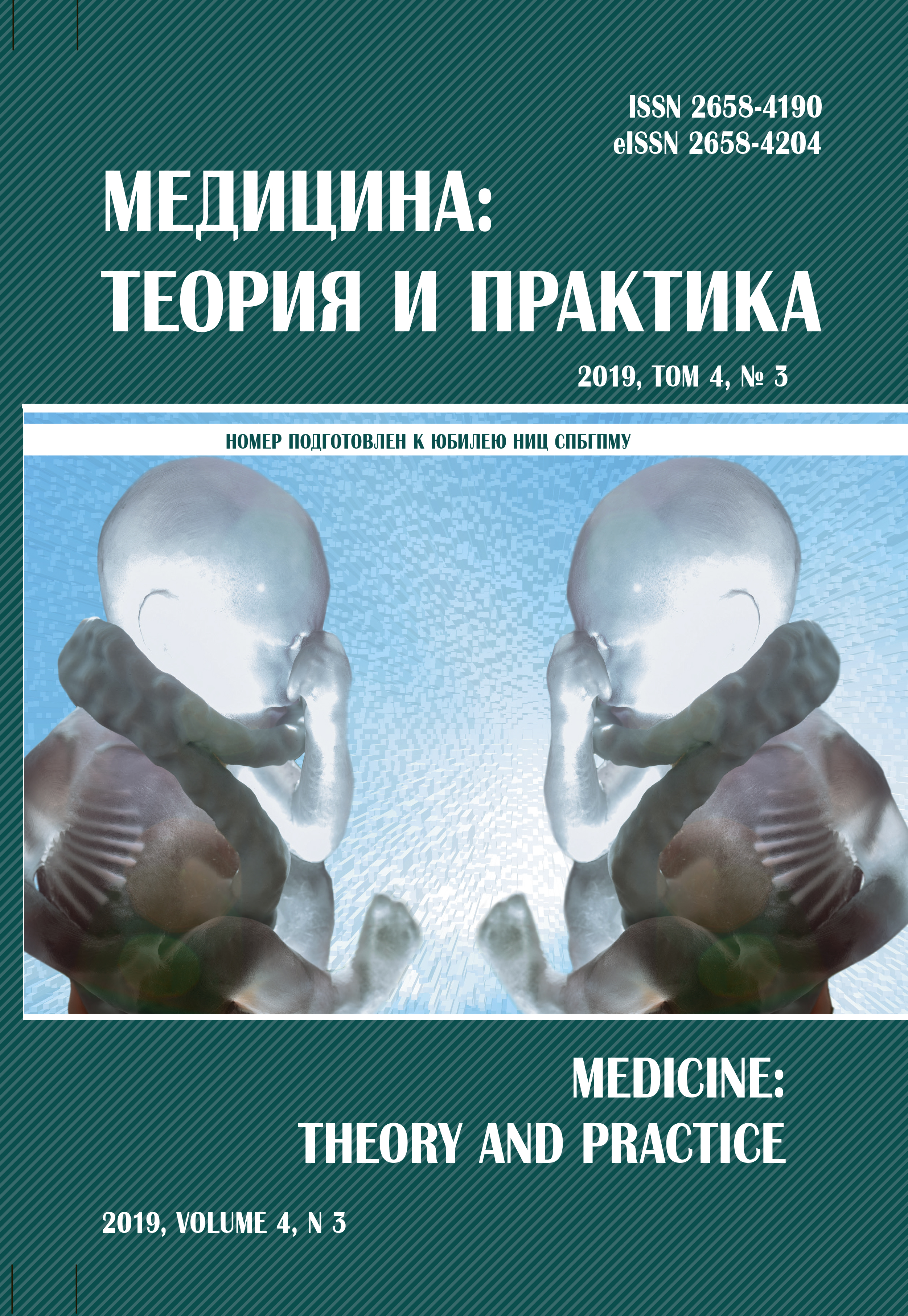Erythropoietin and its biological role
Abstract
The review presents data on the history of the discovery of erythropoietin (EPO), its synthesis and biological role. Demonstrated that erythropoietin is not only a regulator of erythropoiesis, but also has pleotropic effects. The results of numerous clinical and experimental studies indicate the effects of EPO on the functional state of the cardiovascular system, nervous system, affective status, hemostasis system, immune status, reproductive system and kidneys. EPO receptors are found on cells of the nervous tissue, ovaries and testicles, uterus, vascular smooth muscle cells, cardiomyocytes, endothelial cells, lung epithelium and renal tubules. Thus, erythropoietin is a hormone that regulates many body functions.



